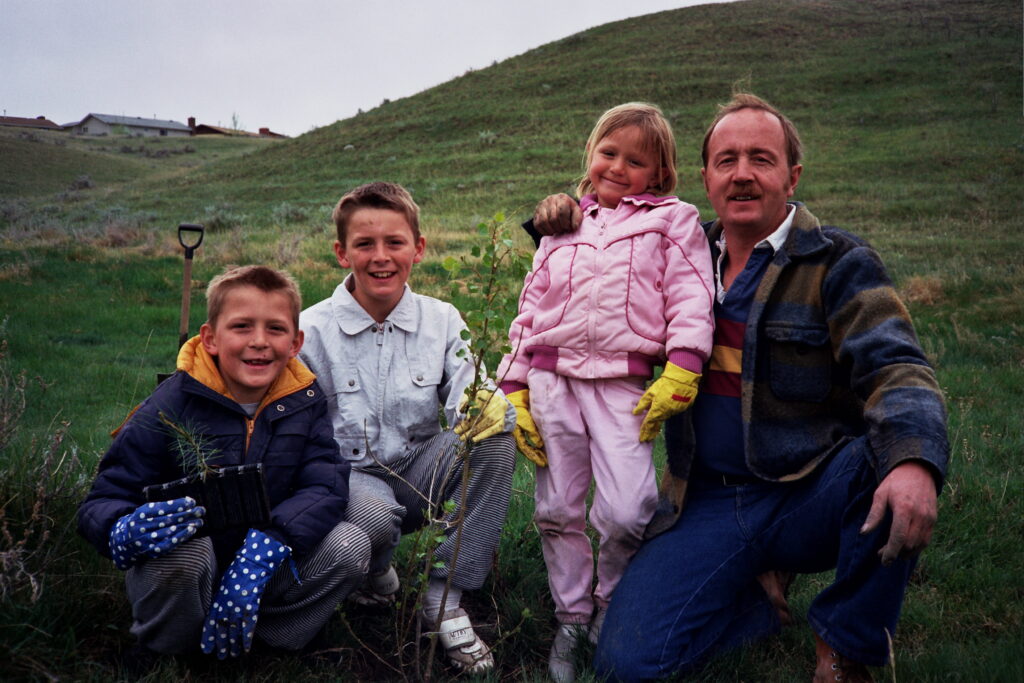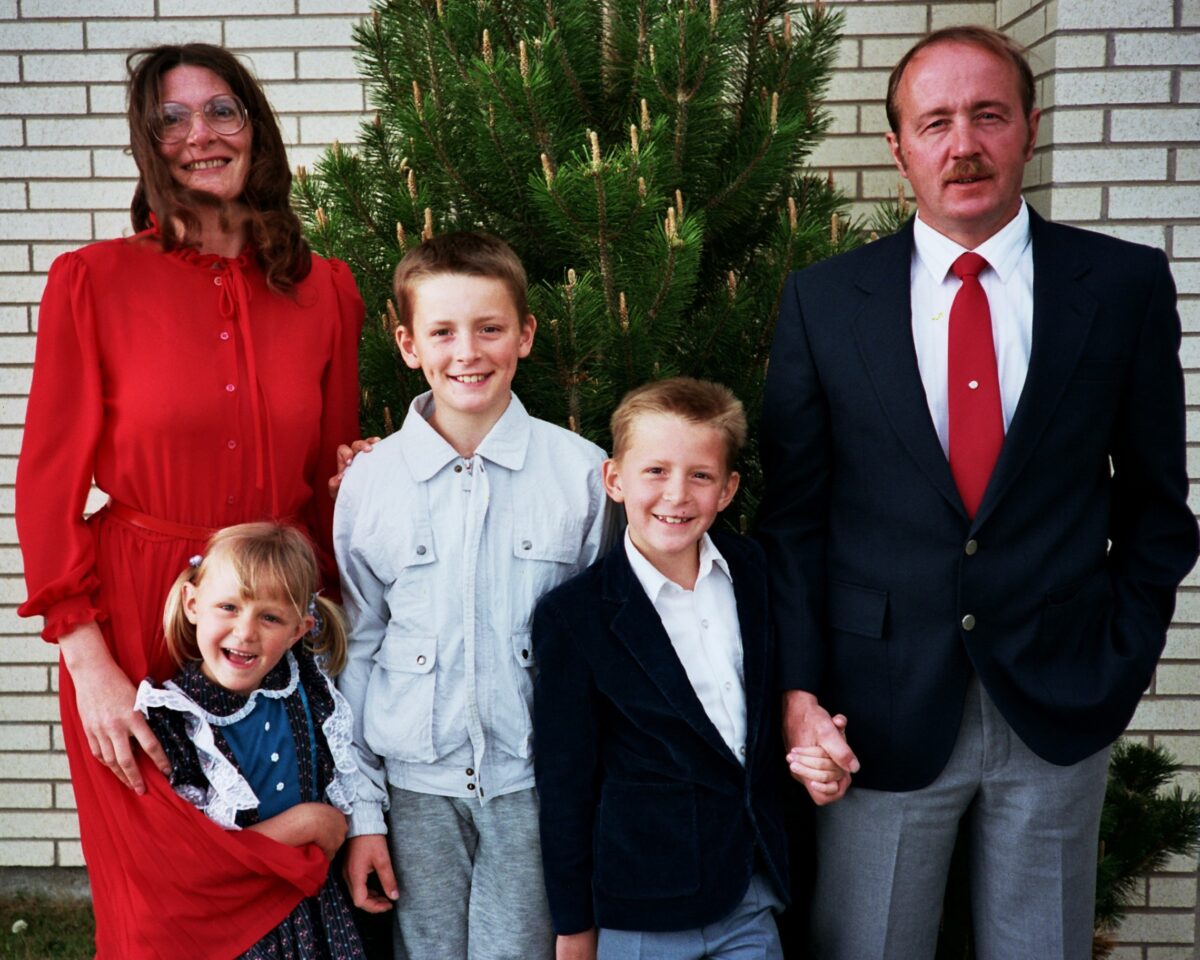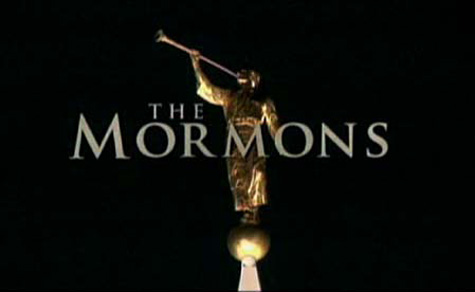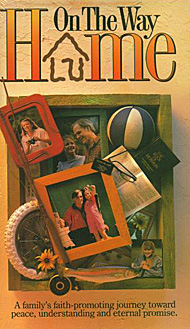Sitting at home, I’ve had a lot of time to contemplate what I’ve been through in my life. How I’ve come to the place where I’m at now, where I’m going and what happened to make me feel like my future is sliding out from under me. It’s a frustrating feeling; it made me think about the last time my life went through such a drastic change.
I’ve made some mistakes; I’m doing what I can to fix my life. Mostly what I feel during the day is regret and I wonder what I should do now. I had a hard time getting through the night last night. I ended up waking up around 3:30 and staying awake until 11 this morning. I miss having that friend to talk to. I ate some breakfast at around 5:00 and finished my little painting project. I should paint the other trim in the rest of the house. At eleven I fell deeply asleep, taking a five-hour nap. This sleeping twice a day can’t be healthy—it feels terrible. I thought I was switching back to a normal Alberta sleeping pattern but when I’m sleeping more in the day than the night I guess that’s just not the case.
I’ve been thinking about Anna-Maria. I’ve been thinking about how much my life has changed for the better since that sunny day in June 2002 when we met outside the church building in Medicine Hat and how it’s changed since our break-up. But I love thinking about the day we met. It wasn’t long until we sat together with her brother, Jakob, at Moxies enjoying dinner. It was the first time we really talked. I felt compelled to relate to her a very personal story. The story of the last big change in my life—how I ended up being expelled from Salt Lake City one early morning on the 20th of May, 1999, but I never told her all of the details. So now I’ll relate it to you—like Paul Harvey might say, here is the rest of the story.
But before I tell you what happened that day, I think it’s important to move back in time almost a year earlier to May 27th, 1998. I apprehensively entered the doors at the Mission Training Centre in Provo, Utah. I was about to embark on a full-time mission for the Church of Jesus Christ of Latter Day Saints—known colloquially as the Mormon Church. I was apprehensive for many reasons. I had been feeling tremendous pressure to go on this mission and I didn’t feel deeply ready. I was heartsick for my girlfriend at the time and the strange rituals performed in the initiatory Temple ceremony that all new Missionaries are forced to take part in before they leave freaked me out. I am not going to go into details but suffice it to say it didn’t sit well with me. Though always coupled with a companion, that next year would leave me feeling more alone than I’d ever been in my life. I constantly missed my home, my family, even my cat—most of all I missed my girlfriend, Sharon. She was so proud of me for “serving the lord”.
I decided to buck up and became a hard working role model. From the start I studied relentlessly, I really felt what I was doing was right, I began to feel good about what I was doing, I believed that I belonged to the one and only true church and that I was about to go out and save the lost souls living in Salt Lake City. Though to be honest, I remember when I arrived at Salt Lake City, only a one-hour drive north of the training centre, I was still deeply troubled.
I met my Mission President, David A. Christensen. I felt more love from that man than anyone I’ve ever met. He kissed me on the cheek. I’m not sure if he read through to my concerns, if he was trying to freak me out, or just trying to show me how much he cared. I think he did all three at once. I think kissing me on the cheek had a lot to do with his exposure to the culture in Brazil (Previously he had served there both as a missionary and then later as a Mission President). I immediately felt that I would do anything for that man. Unfortunately I wouldn’t get the chance.
His three-year term was up and within a week a new Mission President arrived. James A. Stephens, a man that would make decisions that would forever change the way I reflect on my mission.
President Stephens was an awkward looking man. Although he was tall, his features seemed small on his face, small eyes, small ears, a particularly small chin. He was from North Carolina and despite the sunshine there, he was a sickly pale colour. With his strong southern accent, he had a way of speaking that just exactly failed to move me. I tried hard to love this man; I tried hard just to like him. We were told that the new Mission President would be a great orator and a spiritual giant. Even though I’d only met President Christensen a couple of times it was immediately clear that President Stephens was not a hundredth the man.
Nevertheless I pressed on. I knocked on doors I converted people to “the restored gospel of Jesus Christ”. I was good at it. We baptized seven people the first month! Getting people to commit to baptism came naturally to me and of course the companions I had were very dedicated as well.
At this point I should mention how mistreated I felt here by my companions. There were four of us living together. Two new missionaries and two Zone Leader companions. We weren’t allowed to buy bed sheets for the first week. I remember one instance when I wasn’t allowed to stay up past 10:30 to eat a steak that I had just cooked because even though my companion asked me to cook us each one for when we got home, it was past our bed time. Instead he told me I should eat it in the bathroom. As if God wouldn’t mind me staying up to eat it as long as I pretended to be taking a dump. I understood the point of the rules, we were only to do our shopping on Tuesdays to prevent wasting time loitering around the mall, so I would have to wait a week for bedding but I couldn’t understand how freezing my ass off each night or choosing between going hungry after skipping supper for a baptism and eating in the bathroom was what a mission was supposed to be about. It was an unhappy time.
Behind the scenes, the nightmares from my childhood had returned. I jolted awake to the sound of myself screaming. It was a premonition, someone was going to die. My companion slept silently beside me not noticing a thing. I didn’t mention it to anyone.
A month later, I’m not sure if it was the flu or if it was even related to the revelations I was having and was about to have. Whatever it was, I remember not feeling well and going to bed early that humid August night in Utah.
My companion and I approached a child of 9 years old. A kind of ironic twist given my aversion for baptizing kids of inactive Mormon parents. Have you been baptized I probed? Even in sleep I was on the Lord’s errand. Suddenly another missionary approached us. He was alone which was odd—missionaries always travel with at least one companion. We greeted each other and suddenly I recognized him, it was my old friend Kris from Medicine Hat. He asked if I had heard the news about Greg. No.
“Yeah, he shot himself”.
I began to sob, and to run. I found myself approaching my house in Medicine Hat from the rear. Greg lived across the street. He was my first “best friend” in the world. I was so upset. I yelled for my parents, for someone—anyone, but nobody was home. I huddled into a ball on bed of my childhood room, weeping.
Suddenly I was awake—after a few moments of figuring out where I was, I realized I was in Salt Lake City and Greg was dead. He wasn’t really dead, I assured myself, it was just a bad dream brought on by the flu. I wish that were the case.
What happened next, was probably the very worst handling of the situation you can imagine. For days my mother had been calling the mission, trying to get a hold of me to tell me the news. Instead of contacting me immediately, President Stephens looked at his day planner. He noticed that we were already scheduled to meet next Monday and decided it would be best to wait until that meeting (three days after the funeral) to tell me what happened. (As an aside, after this event I made sure my parents always had my phone number and could contact me directly though they never did).
In his mind he prepared a speech for me. Why People Commit Suicide, by James A. Stephens. (I think the A stands for Asshat). He never counted on me getting sick. I missed our appointment. Using no logic that I can understand he decided that since I was already ill, he wouldn’t add to my burden by telling me about my childhood best friend’s suicide.
Instead I found out the next day. Once a week missionaries were allowed to check their email. My mother had written 5 times. The latest email hung ominously on top of the list of emails with subjects like, “Please Call”, “Where Are You”, and “Important”. It was adorned with the simple subject of “Sad News”.
Devastated, I wandered back to the missionary apartment. What I wanted most in the world was to call home, to find out what happened, to make sense of the strange situation I was in, to consider the option of attending the funeral. At this point of course, though I didn’t know it, I had already been robbed of that option.
The story goes on and on, and if you can believe it, it gets worse. The other missionaries insisted that I not call home until first getting permission from our inspired leader President Stephens. I phoned up the mission office, and after holding for some time, “the man in charge” came onto the phone. I told him that my friend had died and that I wanted to call home. Somehow he didn’t hear my request. Instead he wanted to know how I knew about that, and I explained that my mom had written me an email—which this being our preparation day I had read. I was confused because it sounded like he knew about this. He couldn’t have known though—otherwise why didn’t he call? I put such thoughts out of my mind. “Oh, well”, he mumbled, “I want you to come down to the Mission Office right away.” I felt a wave of frustration cross over my body, I just wanted to call my parents, was it really that big a deal? I would ask myself that question a lot that day.
It took forever to get into the car. The other missionaries would drive me to the office but since they had been playing basketball they needed to shower and change first. It was frustrating, but the frustration was just beginning. When we finally arrived at the office, the President was in a meeting with another missionary. I waited another 45 minutes. I kept wondering why calling home was such a big deal?
Finally I entered the room. I was sad. President Stephens went into the speech he had prepared. “People commit suicide for a lot of reasons”¦”
I don’t remember if I was even listening. I looked at my watch. Another 45 minutes past. Is calling home really that big a deal? It must be. I finally interrupted his speech. I was scared to ask, but maybe if he knew how much it meant to me, he would change his mind. “Can I call my parents?”
His face went blank, and then after a pause he replied, “Oh, yes of course!”
What? Of course? That’s all I had to do? Just suggest that I might like to call my parents and “Oh, yes of course!?” If it was that easy then why have I been waiting all day to be able to do it? The surge of emotions twisted inside me. On the one hand, I was elated after the past few hours of agonizing to finally be able to call home but at the same time I was confused and horrified that the reason I hadn’t been able to before now, wasn’t because it was such a horrible thing, but because, even though I had asked him on the phone, it hadn’t occurred to him that that might be something I would like to do.
This next part might make you sick. My mission president, the man supposedly called of God to make decisions on my behalf, dialled the phone for me. Nobody was home. I held my contemptuous thoughts that maybe if I had called earlier in the day I would have gotten in touch with them.
“Maybe they are at Greg’s house,” he suggested. The idea of calling the Nielson’s house so soon after his death frightened me, but I felt a strong desire to make contact with someone. I agreed and he dialled again. My parents weren’t there.
“Hello, brother Nielson, this is President James A. Stephens, I’ve got an Elder Milner in the room with me. A friend of his that grew up across the street from him just committed suicide the other day and he’s quite upset”.
I’m not making this up. My face went pale. I can only imagine what Greg’s dad was thinking. I hope he was thinking, I’m talking to the biggest dick in the whole world. He asked whether the Elder Milner in the room was Jeff or Gary. My brother and I were both serving concurrently, Gary in Argentina and myself in Salt Lake City.
He didn’t know my name. Even the Zone Leaders knew it. Not only had my mother been calling for a week, not only did I call him several hours ago to tell him I would be coming down there, but he had a list of photos and names of missionaries hanging on the wall right beside us, and he still didn’t know it. I would have thought with all of these things the least he could have done was bothered to learn my name. I can’t think of any good reason why he didn’t. I wouldn’t be surprised if President Christensen still remembers me, and I only met him twice. I don’t know why this shocked me, by now I should have expected it.
I held a lot of resentment for James A. Stephens after that incident. Every encounter with him was much like the ones I’ve already described here. At one point he suggested I try “Prozac as a vacation from my worries”. He also suggested I try it only on a trial basis, “Just try it for a week or two”. He has no idea.
“Hey Stephens! Heroin is a vacation from your worries too, think I should try that?” I kept my very loud thoughts silent.
I was happier the farther away from the Mission home that I got. I dreaded the required monthly meetings with him. Of course there were other deaths back home, no one so close as Greg though, and the Happy Birthday audiotape from Sharon that also doubled as a Dear John added to my sadness. Things were rough on me. I went to the doctor about my depression.
He didn’t ask me why I was depressed. He instead gave me a prescription for Prozac. “The reason I would give you Prozac, over some other anti-depressant, is because they give the mission free samples”. Luckily I’m not an idiot. I requested a new doctor and eventually found myself in a room with the Church psychologist. Why the church employs a psychologist, I don’t really know, but there I was. I told him about Greg, and about Sharon, and about how I missed home. He was very understanding. He said what I was feeling was normal. NORMAL. and that whenever he meets with a new patient he has a policy of always meeting at least three times. But, he didn’t think we needed to meet again.
Which brings me back to the morning of May 20th, 1999. A rap on the door signalled visitors. It was around 7:30am. I had been up for over an hour, studying, and currently I was ironing my white dress shirt. It was the Assistants to the President, missionaries whose main job had turned from that of converting non-mormons from their heathen ways to that of helping other missionaries become better teachers or dealing with other problems. Today they would help me by telling me to pack my things. I was about to have an “emergency transfer”.
They didn’t tell me what the emergency was, or where I was getting transferred to. After all the BS I had been through, I decided to call home. I hated this kind of treatment and I wanted to discuss the possibility of throwing in the towel with my parents. As the phone rang, I thought about the fact that even though I wanted to go home, I didn’t really want to go home. I figured my parents would tell me to suffer through it and things would be okay. But oddly enough nobody was home.
I called my uncle. Not knowing it was still a secret, he spilled the beans. “Do you know where my parents are?” I asked. “They’re on their way to Calgary to pick you up, where are you?”
I was being sent home. Even though my intention in calling home was to discuss the possibility of leaving, I never actually wanted this. The decision had already been made; there was NOTHING that I could do. It didn’t matter—no amount of logic or reasoning could fix this problem.
A day or two previous to this I told another missionary that I was deeply depressed and that I had suicidal thoughts. Suicidal thoughts, not that I actually planned to commit suicide, just that I thought about it. I visualized it, going through the motions, but what I didn’t mention to that missionary and the message that failed to get to my Mission president was that after I thought about it, I thought how glad I was to be alive, how I didn’t actually want to be dead. I guess when I told him how I was feeling, I was just upset and being dramatic.
I could tell you about the trip in the car to see the Mission President one last time, the way it felt like a visit to Don Corleone’s summerhouse where, if this had actually been the mob he would have just shot me in the face because it was easier than dealing with me. Instead the bullet he used was an airplane ticket. Earlier I told him, I didn’t want to go back to the psychiatrist because I wasn’t really depressed, I wasn’t really suicidal, I was just down and as the doctor had told me before, my feelings were normal—I guess I didn’t want to give him a chance to change his mind. I did mention that I would go if I didn’t have any other choice. He said he would consult with the Church’s missionary department and get back to me. This was him “getting back to me?” Agreeing to go to the doctor now was too little, too late for me. I was going home.
I felt ashamed for being home a year early. I wanted to go back but I was so happy to see my family and besides, I convinced myself, I hated it in Salt Lake. I went to a doctor (who happened to be Mormon) in Medicine Hat and told him the whole story. He confirmed that what I was feeling was normal, and he confided in me that my inability to get along with the mission president was probably the reason I was there. Not getting along with him? It’s true that I didn’t like him, but the only thing he ever asked me to do that I didn’t comply with was to go see that doctor again. Sheesh. I used to think that if a missionary couldn’t get along with his mission president it was obviously because he was a bad missionary; someone that never followed the rules; someone who never tried to baptize people. I don’t feel that way anymore. I know from first hand experience that sometimes they don’t get along because the Mission President is an idiot.
I wasn’t the only one he sent home. In fact I heard rumours that he sent home more missionaries than any other mission president before him. It was his one-stop solution to problems he didn’t understand. I don’t know if the rumours are true, I do know that he sent a lot of missionaries home before me.
I was given the option to continue my mission in Calgary. As if—after all the propaganda I had been fed about how the location of your mission is inspired by God I couldn’t see how me being in Calgary really fit with some kind of greater purpose. Then when I refused they changed their minds and said I could go back to Salt Lake City, but I had to leave the day after tomorrow. I declined.
I was never told what the exact reasons for my being sent home were. I was given an honourable discharge and that was pretty much the last thing anyone in the church ever said to me about my mission.
I attended church regularly for the next three years. I still believed in it all despite the people, despite the absurd claims, despite the fact that attending three hours of service on Sunday was the most depressing part of my life. In the spring of 2002 I got engaged to a new convert of the church. She and I planned to get married in the Cardston, Alberta Temple. It didn’t work out, but that’s for the best. I started to date Anna-Maria that Fall, and together we attended the University of Lethbridge. We both quit going to church at the same time, though we were both at the same place with regard to the church and would have made the same decision on our own.
As the weeks turned into months, I fell deeply in love with Anna-Maria. I loved the trips we went on together. Disneyland became a special favourite of ours. She was often away for long periods of time following her dream of being an actor. I missed her deeply, but I never let her know how much I thought about her while she was gone. She felt unappreciated.
Where am I today? Well after another failed engagement I’m feeling pretty lost. I’m confident in my decision to leave the church—that’s not what this post is about. But as an ex-mormon I still carry a lot of guilt about what mistakes that I make. I have a strong belief in the importance of family and I think it’s important to be a good person. For that I’m grateful, despite my negative feelings for the church, it’s made me who I am today.






